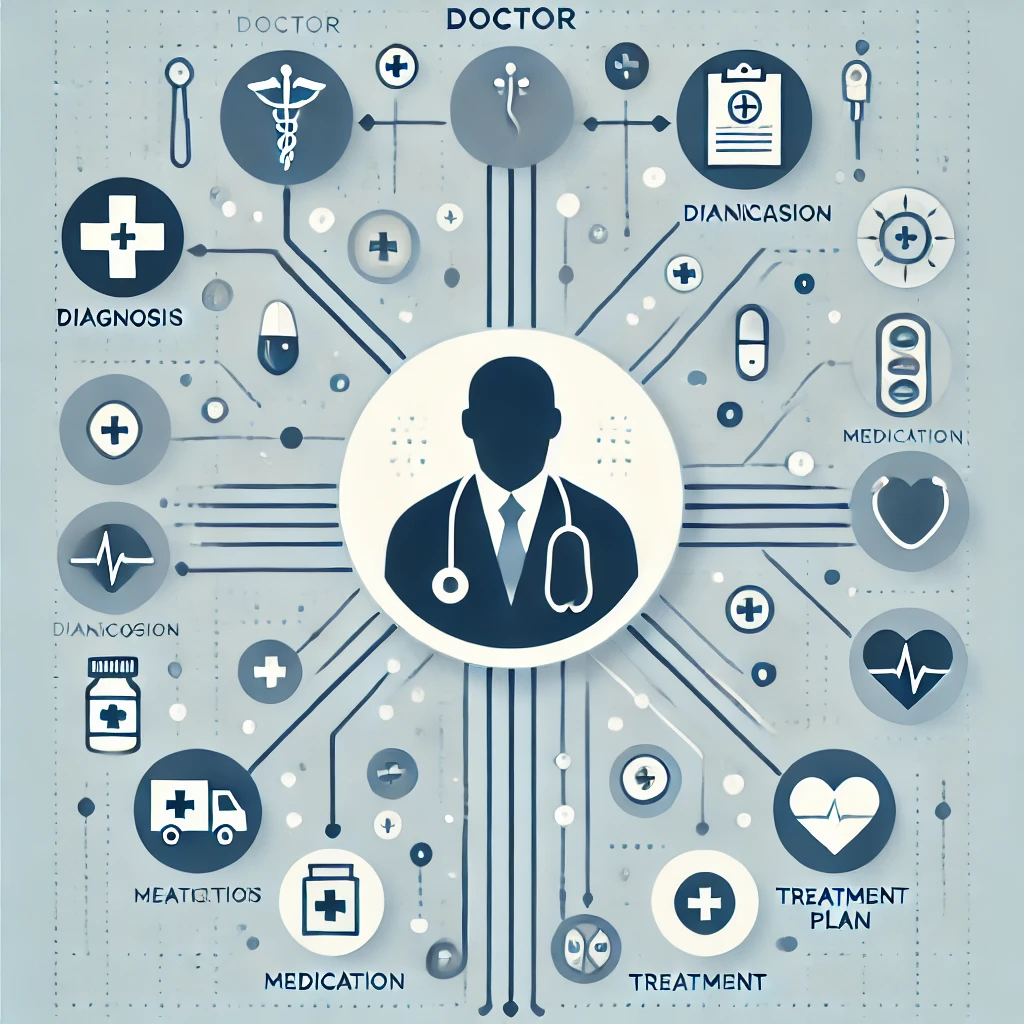Doctor-centered healthcare is a traditional model where doctors primarily lead and control healthcare delivery. In this approach, doctors are considered the central authority in diagnosing, treating, and managing patients, often with limited input from patients or other healthcare professionals. Here are the key factors that define doctor-centered healthcare:
1. Authority and Decision-Making: Doctors are the primary decision-makers, with minimal collaboration from patients or other healthcare providers.
2. Diagnosis Focus: The model heavily emphasizes formal diagnoses made by doctors, who use their expertise to interpret symptoms and prescribe treatments.
3. Hierarchy in Healthcare Teams: Doctors typically lead the healthcare team, often placing less emphasis on the input from nurses, pharmacists, or allied health professionals.
4. Patient Compliance: Patients are generally expected to follow their doctor’s advice without questioning it, as the doctor’s expertise is considered final.
final.
5. Resource Allocation: Resources and time are prioritized around the doctor’s schedule and availability, sometimes leading to longer patient wait times.
6. Limited Patient Autonomy: Patient input is limited, and patients may have little control over their healthcare decisions.
7. Specialized, Less Holistic Care: Treatment often focuses on the specific issue diagnosed by the doctor, potentially overlooking broader lifestyle or preventive measures.
While effective in cases where specific expertise is needed, this model has been gradually shifting toward more patient-centred care, allowing for a more collaborative, inclusive, and preventive healthcare experience.
